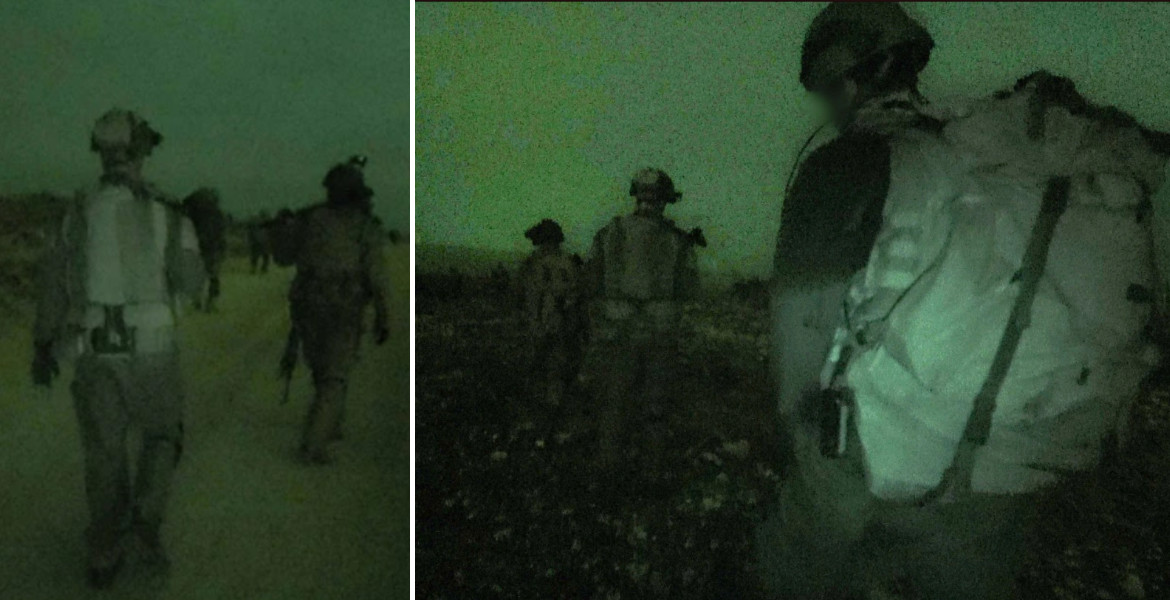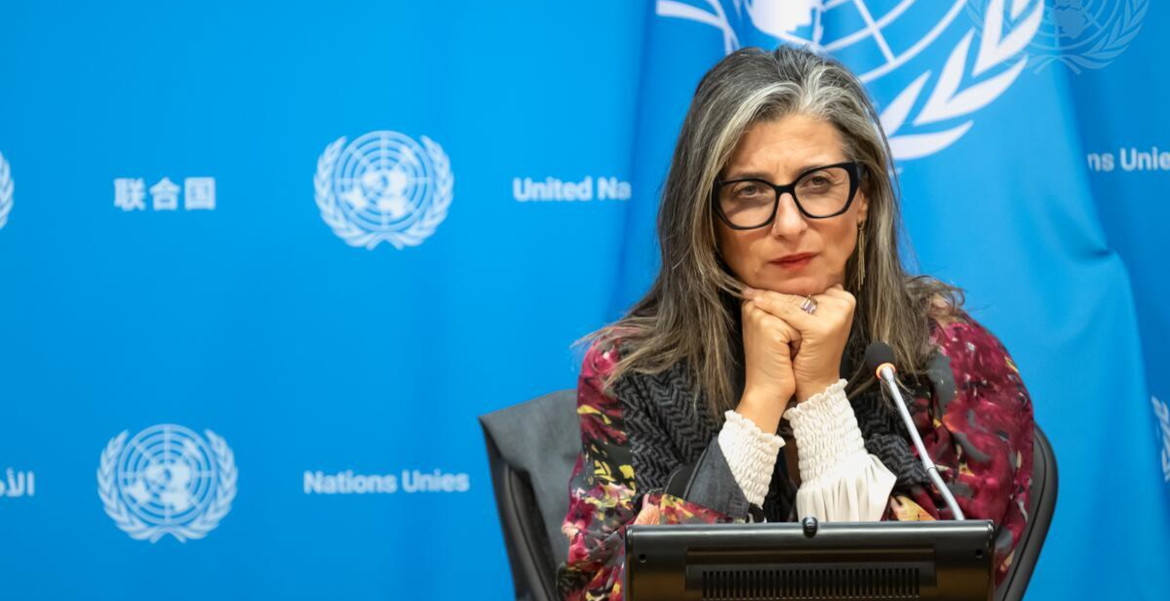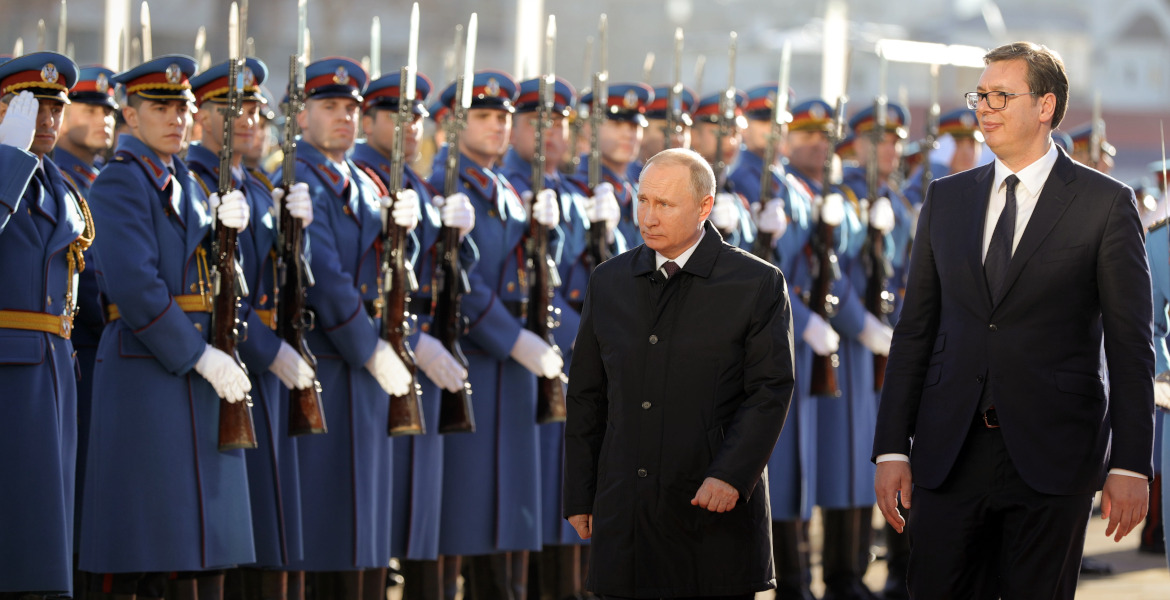The Trump administration has decided to sanction Francesca Albanese, the UN Special Rapporteur for the West Bank and Gaza, as part of the American campaign to silence critics of Israel’s actions in the ongoing war. This is reported by The Guardian.
In a text message to Al Jazeera, Albanese accuses the US of “mafia style intimidation techniques”.
The US State Department announced on Wednesday that the country is issuing sanctions against the independent official who is tasked with investigating human rights violations in the Palestinian territories. The decision comes after American pressure on the UN to remove Albanese from her position previously failed.
Francesca Albanese, who is a human rights lawyer, has been open with her criticism of what she describes as the “genocide” that Israel is carrying out against Palestinians in Gaza. Both Israel and the US, which provides Israel with military support, have firmly denied these allegations.
International legal scrutiny
Israel faces allegations of genocide at the International Court of Justice and war crimes at the International Criminal Court following the country’s devastating military assault on Gaza. Albanese’s position has also received support from leading genocide scholars and human rights organizations.
In a post on X late Wednesday evening, Albanese wrote that she stands “firmly and convincingly on the side of justice, as I have always done,” without directly mentioning the American sanctions. In a text message to Al Jazeera, she was quoted dismissing the US actions as “mafia style intimidation techniques“.
In recent weeks, Albanese has sent out a series of letters urging other countries to pressure Israel, including through sanctions, to end its deadly bombing of the Gaza Strip. The Italian citizen has also been a strong supporter of the International Criminal Court’s prosecution of Israeli officials, including Prime Minister Benjamin Netanyahu, for war crimes.
Harsh American criticism
Most recently, she issued a report that named several American corporations among the companies helping with what she described as Israel’s occupation and war against Gaza.
Secretary of State Marco Rubio commented on the sanctions on social media:
– Albanese’s campaign of political and economic warfare against the United States and Israel will no longer be tolerated. We will always stand by our partners in their right to self-defense.
Albanese has been targeted for criticism by pro-Israeli officials and groups in the US and Middle East. Last week, the US UN mission issued a sharp statement demanding her removal for “years-long pattern of virulent antisemitism and unrelenting anti-Israel bias”.
The statement claimed that Albanese’s allegations that Israel is committing genocide or apartheid are “false and offensive”.
Part of broader campaign
The sanctions represent the culmination of an extensive campaign over nearly six months by the Trump administration to silence criticism of Israel’s handling of the deadly war in Gaza, which is approaching two years. Earlier this year, the Trump administration began arresting and deporting faculty members and students at American universities who participated in pro-Palestinian demonstrations and other political activities.
Human rights experts have sharply criticized the US sanctions against Albanese. Dylan Williams, vice president for government affairs at the think tank Center for International Policy, described them as “rogue state behavior”, while Amnesty International said that UN Special Rapporteurs must be supported and not sanctioned.
Agnes Callamard, Secretary General of Amnesty International and former UN Special Rapporteur, stated:
– Governments around the world and all actors who believe in the rule-based order and international law must do everything in their power to mitigate and block the effect of the sanctions against Francesca Albanese and more generally to protect the work and independence of special rapporteurs.
Background to the conflict
Israel’s retaliation campaign after the events of October 7, 2023, has killed more than 57,000 Palestinians, according to Gaza’s Health Ministry, which says women and children make up most of the dead but does not specify how many were combatants or civilians. The figure is generally considered to be a significant underestimate.
Nearly 21 months into the conflict that has displaced the vast majority of Gaza’s 2.3 million people, it is almost impossible for the critically injured to receive the care they need, say doctors and aid workers.
Albanese said in a recent post on X:
– We must stop this genocide, whose short-term goal is completing the ethnic cleansing of Palestine, while also profiteering from the killing machine devised to perform it.
– No one is safe until everyone is safe.








